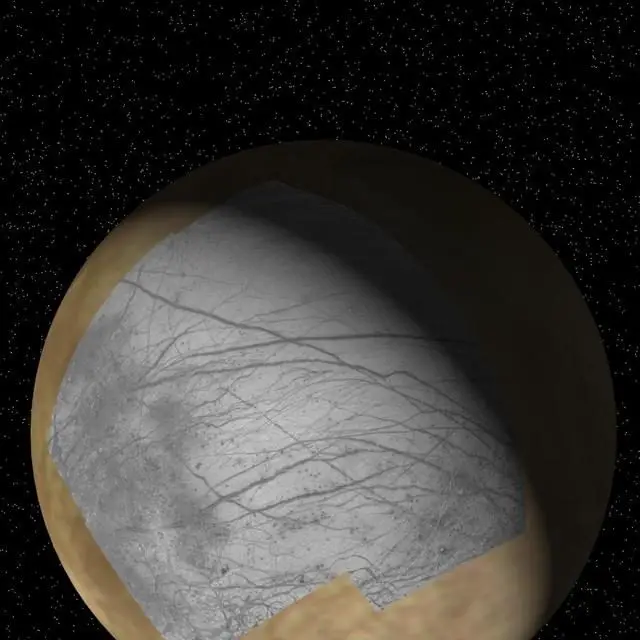When we consider the moons that orbit the planets in our solar system, our imaginations frequently go to the moon that orbits our own planet, Earth. Nevertheless, there are a great number of other moons dispersed throughout the cosmos, and each of these moons has its own set of peculiar qualities and secrets. Europa is a beautiful celestial body that orbits Jupiter, the most massive planet in our solar system. It is one of the more intriguing moons in the solar system. Since ancient times, scientists and astronomers have been captivated by Europa, which begs the question: Is Europa really just a moon?
In order to provide an answer to this issue, let’s investigate the qualities and features that are unique to Europe. Europa is one of Jupiter’s largest moons, coming in third place behind Ganymede and Callisto. It was discovered by Galileo Galilei in the year 1610. It has a diameter of around 3,100 kilometers (1,900 miles), which places it slightly below the size of the moon that orbits Earth. In spite of this, what distinguishes Europa from other planets is not its size but rather the fascinating features that are found on its surface.
The moon Europa is famously known for its ice crust, which covers the whole surface of the moon. A massive subterranean ocean of liquid water is hidden underneath this frozen crust, which is estimated to be between six and thirty kilometers (nine to nineteen miles) in thickness. The possibility of the existence of this underground ocean has sparked a significant amount of curiosity and investigation in the scientific community. The ocean on Europa is thought by scientists to hold more than twice as much water as the oceans on Earth do, which would make it an ideal location for the establishment of a colony of extraterrestrial life.
There is evidence of both liquid water and the possibility of life on Europa, which has spurred debate about whether or not the moon should be classified as anything more than a moon. There are others who believe that Europa ought to be categorized as a moon despite the fact that it travels in orbit around Jupiter, a much larger astronomical body, rather than along a path that takes it directly around the Sun. Others, on the other hand, contend that Europa possesses specific qualities that distinguish it from other moons and make it more analogous to a planet than it is to other moons.
The geological activity that has been recorded on Europa is one of the primary causes that is contributing to this argument. Cracks, ridges, and other geological features create an intricate network over the moon’s surface, making it an incredibly interesting place to explore. The fact that these structures resemble the tectonic plates of the Earth itself is evidence that active geological processes are taking place. In addition to this, plumes of water vapor have been found to be erupting from the surface of Europa, which provides evidence that the underlying ocean is interacting with the external environment. Because this kind of activity is not often associated with ordinary moons, it lends greater credence to the idea that Europa is more than just a satellite.
Both scientists and members of the general public have had their imaginations piqued by the possibility that Europa could harbor life. Europa is a leading contender in the hunt for extraterrestrial life due to the fact that it has liquid water, energy sources from tidal heating created by Jupiter’s gravitational pull, and the presence of chemical compounds. It is intended for future missions, such as NASA’s Europa Clipper, to conduct more in-depth research on Europa’s surface, subsurface ocean, and potential habitability.
In conclusion, although it is possible that Europa can be properly categorized as a moon, it is indisputable that this celestial body exhibits distinctive traits and qualities that differentiate it from other moons in our solar system. Europa is an intriguing conundrum that should be investigated and explored further since it is thought to have a deep ocean, active geological processes, and the potential to harbor life. As we delve more into the secrets surrounding this fascinating moon, we may come to realize that Europa’s significance goes well beyond that of a simple moon.
![]()
